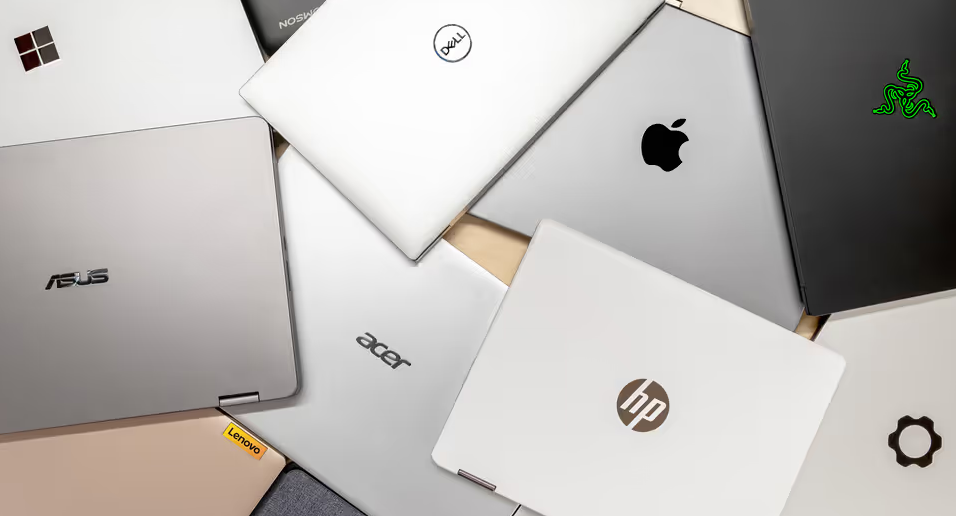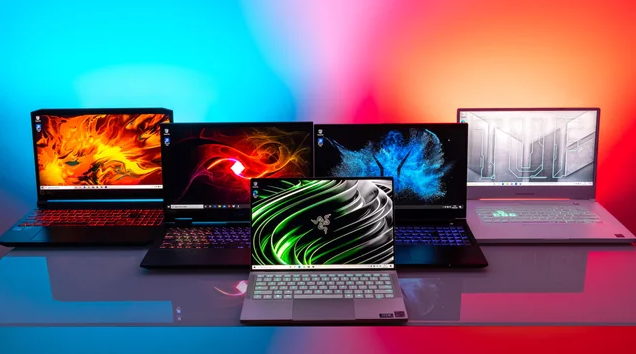Things to Consider When Purchasing a New Laptop



Buying a new laptop can be an exciting yet daunting task. With so many options available, it’s essential to make an informed decision based on your needs and preferences. Here are some crucial factors to consider when choosing your next laptop:
Operating System (OS)
The first decision you’ll need to make is which operating system (OS) you want to use. Here are the three most common options:
- Windows: Windows laptops are popular and versatile. They support a wide range of apps and features, making them suitable for various tasks. Ensure that your laptop comes with Windows 11 or is compatible with it, as Windows 10 support will end by 2025.
- macOS: MacBooks run on macOS, known for its user-friendly interface and reliability. They are favored by creative professionals but tend to be more expensive than Windows laptops.
- Chrome OS: Chromebooks use Chrome OS, designed around web-based applications. While they are budget-friendly, they have limited internal storage and rely heavily on cloud services.
Purpose and Usage
Consider your intended use for the laptop:
- Casual Use: If you need a laptop for web browsing, emails, and basic tasks, a budget-friendly option may suffice.
- Productivity: For work, school, or productivity, prioritize performance, battery life, and a comfortable keyboard.
- Gaming: Gamers should look for laptops with dedicated graphics cards, high refresh rates, and sufficient RAM.
- Creative Work: Designers, video editors, and content creators need powerful hardware and color-accurate displays.
Hardware Specifications
Pay attention to the following specifications:
- Processor (CPU): Choose an Intel Core or AMD Ryzen processor based on your needs.
- RAM: Aim for at least 8GB for smooth multitasking.
- Storage: Opt for an SSD (Solid State Drive) for faster performance.
- Graphics: Integrated graphics are fine for everyday tasks, but discrete GPUs are essential for gaming and creative work.
Display Size and Resolution
Consider the screen size and resolution. Larger screens are better for productivity, while smaller ones are more portable.
Battery Life
Look for a laptop with good battery life, especially if you’ll be using it on the go.
Portability and Weight
Think about how often you’ll carry your laptop. Lighter laptops are more convenient for travel.
Build Quality and Durability
Choose a laptop with a sturdy build. Aluminum or magnesium alloy constructions tend to be more durable.
Connectivity
Ensure your laptop has the necessary ports (USB, HDMI, etc.) for your peripherals.
Keyboard and Touchpad
Test the keyboard and touchpad for comfort and responsiveness.
Brand and Customer Support
Research reputable brands and check their customer service reputation.
Remember that your laptop is an investment, so take your time, compare options, and choose wisely. Happy laptop hunting





